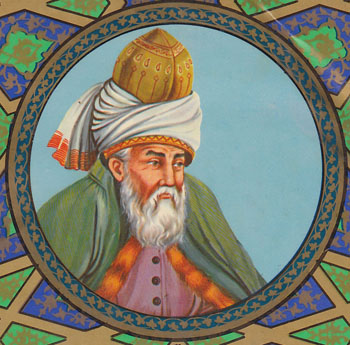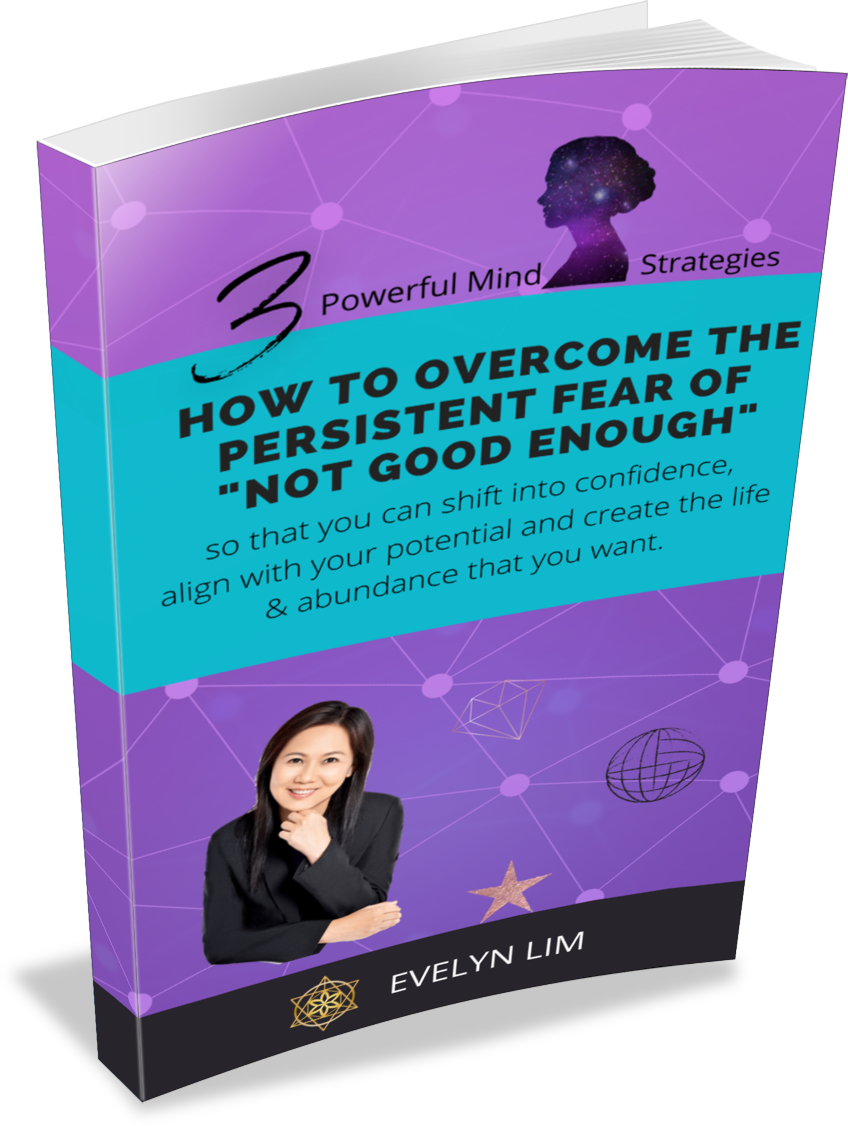The Guest House by Rumi: Practice Mindfulness Meditation
This being human is a guest house.
Every morning a new arrival. – Rumi
 One of the most cited poems by meditation teachers is The Guest House by Rumi. Heard of it? It is a beautiful piece that captures the essence of a mindfulness practice.
One of the most cited poems by meditation teachers is The Guest House by Rumi. Heard of it? It is a beautiful piece that captures the essence of a mindfulness practice.
The Guest House
This being human is a guest house.
Every morning a new arrival.
A joy, a depression, a meanness,
some momentary awareness comes
as an unexpected visitor.
Welcome and entertain them all!
Even if they are a crowd of sorrows,
who violently sweep your house
empty of its furniture,
still, treat each guest honorably.
He may be clearing you out
for some new delight.
The dark thought, the shame, the malice.
meet them at the door laughing and invite them in.
Be grateful for whatever comes.
Because each has been sent
as a guide from beyond.
— Jellaludin Rumi
My Understanding of Rumi’s Poem
You have a mind that is like a home where all kinds of guests can decide to drop by. Some are guests who lift you up, while others are guests who drain your energy. Typically, especially for those unexpected ones, you would chase them away.
As Rumi recommends, while in a state of mindful awareness, do things differently.
No matter who these guests are, welcome them in with love, laughter and gratitude.
Be present to your guests.
This means paying full attention to them without judgment.
You are simply observing and being mindful.
At the same time, you are intuitively aware that each has brought a gift.
It is a gift of wisdom.
The gift has a core waiting for you to unwrap.
From clearing darkness with insight, your home shines anew!
Who is Rumi
Rumi, as he’s popularly known, was a 13th-century Persian poet, jurist, Islamic scholar, theologian, and Sufi mystic. His influence transcends national borders, ethnic divisions and religious divides. Today, his poems have been translated into many languages. His spiritual legacy lives on through them.
Why should I seek? I am the same as He.
His essence speaks through me.
I have been looking for myself!
Seek not on the outside. The answers lie within!
Love and Abundance Always,

P.S. Let’s encourage and inspire one another on cultivating a mindfulness practice. Please, can I have your help in sharing this post on social media? Thank you! In gratitude and appreciation, Evelyn.



Evelyn Reply:
July 3rd, 2015 at 3:36 pm
Hi Sandra, thank you for dropping by. I certainly would like to cultivate a mindfulness practice and discover peace! 🙂
[Reply]